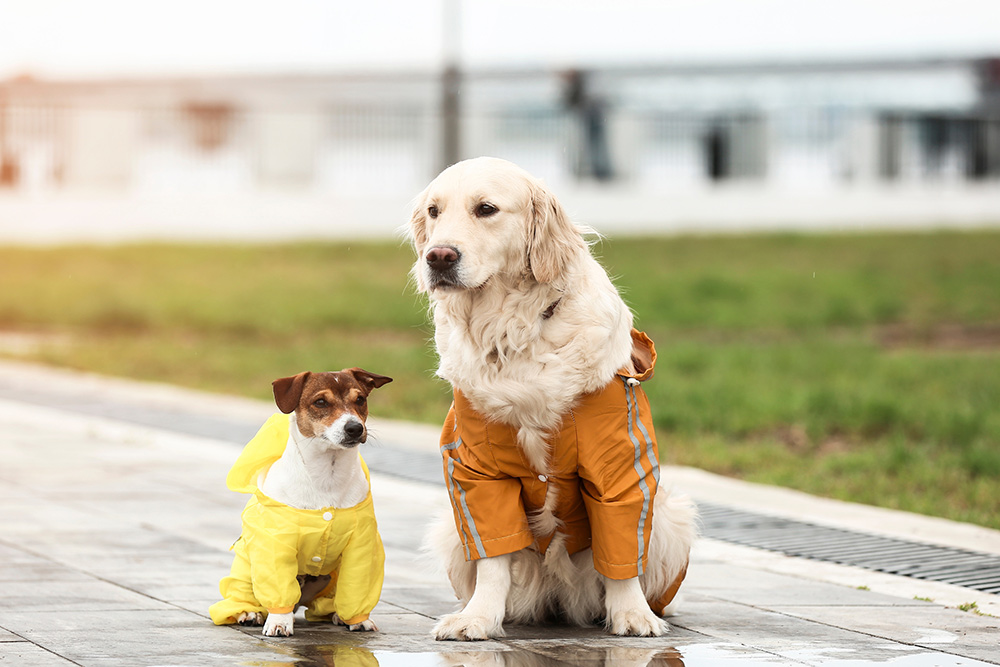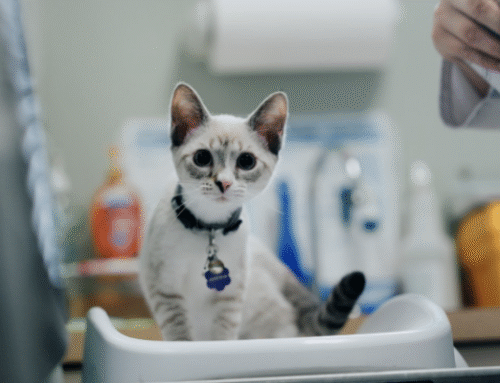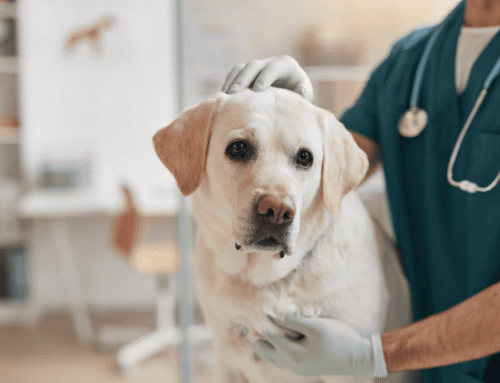Here in the Lowcountry, natural disasters can strike without warning, leaving us scrambling to keep ourselves and our families safe. For pet owners, ensuring the safety of our furry companions is equally crucial. At Safe Harbor Animal Hospital, we understand the importance of preparedness and are here to help you create a plan to protect your pets during emergencies. Inspired by guidelines from the American Animal Hospital Association (AAHA) and other trusted sources, here’s how you can prepare, pack, evacuate, and respond if you can’t evacuate.
Understanding Your Pet’s Instincts
Imagine stepping outside and sensing something is not quite right—a change in the air, an odd silence, or a sudden shift in weather. Animals, much like us, can sense these changes but they are even more sensitive to these subtle changes. They may experience anxiety and stress as they pick up on environmental cues. Preparing in advance ensures they feel secure and comfortable during these unsettling times.
Preparation is Key
- Create an Emergency Kit: The AAHA recommends assembling a comprehensive emergency kit tailored to your pet’s needs. Include:
- Food and Water: Store a three-day supply of your pet's food and water, and remember to pack a manual can opener if needed.
- Medications and Medical Records: Keep a week’s supply of medications and a copy of your pet’s medical records in a waterproof container.
- Leash and Carrier: Ensure you have a sturdy leash and an appropriate carrier or crate. Familiarize your pet with the carrier to reduce stress during evacuation.
- Identification: Make sure your pet has a collar with an ID tag. Consider microchipping for additional security.
- Comfort Items: Pack their favorite blanket, toys, or bedding to provide comfort during stressful situations.
- Develop an Evacuation Plan: Identify local pet-friendly shelters or hotels. Have a plan for both your home and your destination to ensure a smooth transition.
- Medical Records: Keeping up-to-date medical records is crucial. Ensure you have current vaccination records and any other relevant health information. This will be helpful if you need to visit a new vet or shelter.
Packing for Your Pet
When it’s time to evacuate, efficiency is crucial. Ensure your pet’s emergency kit is readily accessible. Everyone in your household should be aware of its location and contents. Plan how you will transport your pet, whether by car or another means and make sure your pet is comfortable with the carrier or crate.
Evacuation Procedures
- Stay Calm: Your pet will look to you for reassurance. Remaining calm will help keep your pet calm. Follow the evacuation plan you’ve prepared, and avoid panicking.
- Secure Your Pet: Always use a leash or carrier when evacuating to prevent your pet from running off. Ensure they are safely secured and comfortable during transport.
- Follow Protocol: Adhere to the evacuation routes and plans you’ve established. If you need to go to a pet-friendly shelter, ensure you have all the necessary documentation and supplies.
If Evacuation Isn’t Possible
Sometimes, leaving may not be an option. In such cases, follow these steps:
- Find Safe Shelter: Identify a secure, enclosed space in your home where your pet can stay safe from the elements. Make sure it’s stocked with food, water, and comfort items.
- Stay Informed: Keep track of weather updates and emergency alerts. This will help you make informed decisions and keep your pet safe.
- Provide Comfort: Stay with your pet if possible to offer reassurance. Keeping them calm and comfortable will help reduce their stress during an emergency.
Need Assistance? Contact Us
At Safe Harbor Animal Hospital, we are dedicated to your pet’s safety and well-being. If you have any questions about disaster preparedness or need help with your emergency plan, contact us. You can also book an appointment with our team to discuss your pet’s specific needs.
Additional Resources
For more detailed information on pet disaster preparedness, visit these trusted resources:
- American Red Cross – Pet Disaster Preparedness
- Mount Pleasant Animal Hospital’s Guide to Pet Safety in Emergencies
- Shuler Veterinary Clinic’s Tips for Pet Disaster Preparedness









Leave A Comment